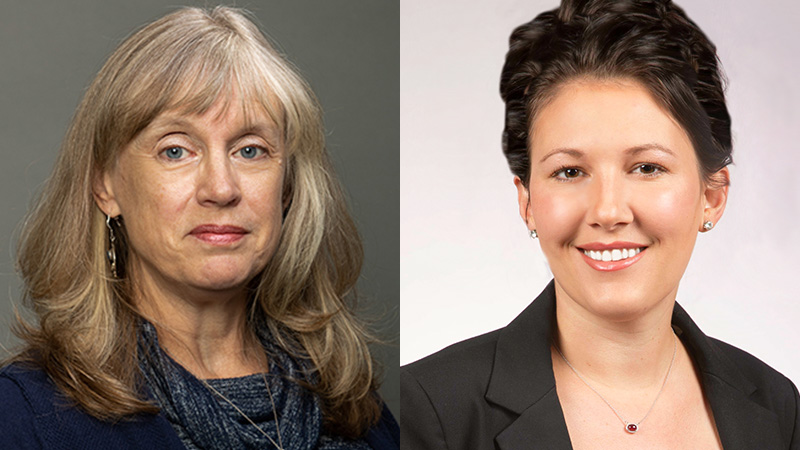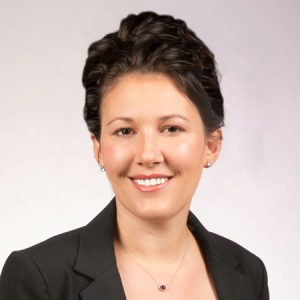Aug. 7, 2025

After a career dedicated to the university’s land-grant mission, Tracy Greever-Rice, director of the University of Missouri’s Center for Health Policy, is set to retire Sept. 2 from the role. Her departure will usher in a new era for the center under the leadership of Kate Trout, an associate professor with the Department of Health Sciences.
“I made a decision a long time ago in my professional life that the mission of the land grant mission aligns very well with my personal mission,” Greever-Rice said. “It’s been great to have a career that is consciously focused on sharing information, sharing knowledge, enhancing education and capacity across people and communities.”
Through various positions, Greever-Rice has more than 30 years of service to the University of Missouri. She assumed leadership of the Center for Health Policy in 2018, building on a longstanding relationship with the center through her previous work at the Office of Social and Economic Data Analysis. Her tenure focused on integrating population health analysis in support of state and local-level policymakers and the challenges they face.
One particularly meaningful accomplishment during her directorship was the solidification of the Missouri Health Care Workforce Analysis Project. This statewide initiative developed a robust model to understand Missouri’s health care workforce, adapting federal frameworks to address specific state policies and population health needs — but it was only possible through the power of collaboration.
“The way that state-level policy analysis works is collaboratively,” Greever-Rice said. “You need to get everybody to the table. There are limitations on resources, so if you’re collaborating, there’s a good chance everybody’s going to get what they need. And if you’re not collaborating, there’s a really good chance that important parts are going to be left out.
Greever-Rice plans to continue working part-time in the field, focusing on content rather than administration, and supporting her family’s farm in southeast Kansas. She said she’s excited to see what Trout is able to bring to the Center for Health Policy, noting she has a wealth of experience in health policy and health services research.
“I couldn’t be happier with the transition,” she said. “When I first met her, I knew MU was very lucky that Kate brought her experience and energy and interest to our university. And I have full confidence that she’s going to thrive in this new role.”
Trout has collaborated with the Center for Health Policy as a co-principal investigator on the Missouri Healthcare and Public Health Workforce project for the past two years. She has a strong background in creating accessible health systems through health information technologies, workforce development and health policy. She also serves as director of the Mizzou Center for Convergence Science and Innovation.
“Taking on the role of director is both an incredible honor and a profound responsibility, especially at a time when our nation needs transparent, collaborative leadership in the health policy arena,” Trout said. “I see this as an opportunity to build upon the center’s strong foundation while expanding its reach, relevance, and responsiveness to emerging health policy challenges in Missouri and beyond.”
This vision includes positioning the Center for Health Policy as a statewide and national leader in advancing objective health policy research through interdisciplinary collaboration and data-driven innovation. She hopes the center will play an increasingly vital role in supporting Missouri’s rural agricultural communities through evidence-based solutions, strengthening multisector partnerships across state agencies, academic units and health systems.
“We welcome new collaborations at the intersection of population health, systems innovation, and access to care — with emphasis on rural health, maternal outcomes, and workforce alignment,” Trout said. “I’m deeply grateful to Tracy, and the faculty, staff, and community partners who have shaped the center and laid a strong foundation for its continued growth and relevance.”
